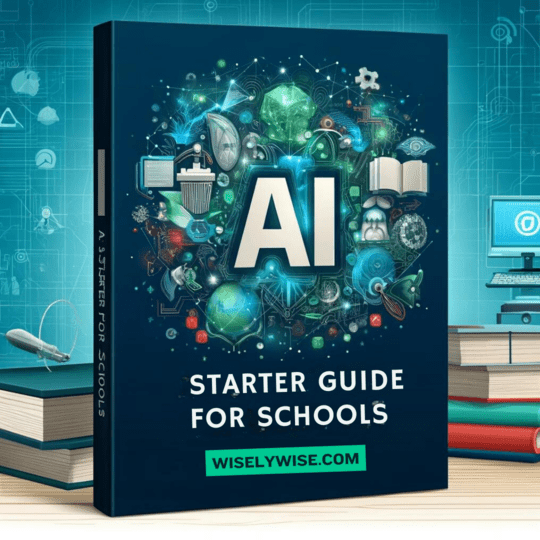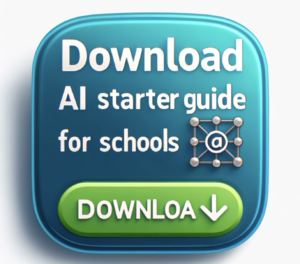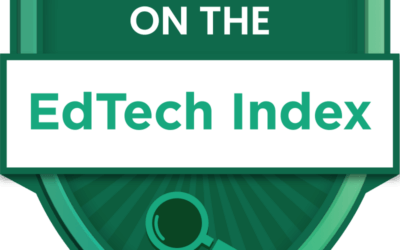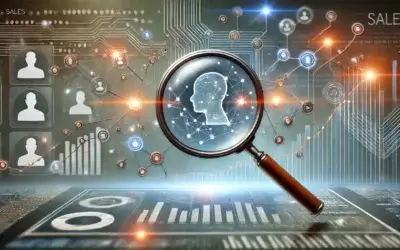Introduction: As we navigate through the 21st century, artificial intelligence (AI) continues to reshape various sectors, including education. This transformative technology offers unprecedented opportunities to enhance teaching and learning experiences. But what does this mean for our schools?
The Growing Importance of AI in Education: In an era marked by rapid technological advancements, the integration of AI into educational settings has become crucial. AI extends beyond mere automation of administrative tasks—it introduces a dynamic shift in pedagogical methodologies and opens up new avenues for student engagement and learning.
From personalized learning paths that adapt to individual student needs to predictive analytics that help identify students who might need extra attention, the benefits of AI are manifold. Moreover, AI equips students with the essential digital literacy and problem-solving skills needed for success in the 21st-century workforce.
Why Schools Must Adapt Now: As school leaders, understanding and integrating AI into your educational practices is no longer a futuristic ideal but a critical step towards remaining relevant in an increasingly digital world. The question is not if AI will be a part of education, but how well we will manage its integration to maximize benefits for our students and educators.
Stay Tuned: In our next article, we’ll dive deeper into the types of AI—reactive, predictive, and generative—and their specific applications in education. We’ll explore how generative AI, in particular, is becoming a game-changer in the field.
Call to Action:Curious about how AI can transform your school? Don’t wait—download our full “AI Starter Guide for Schools” today and start exploring the possibilities. Stay tuned for our next post for more insights into practical AI applications in your classrooms!






0 Comments